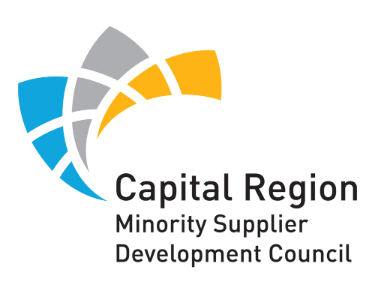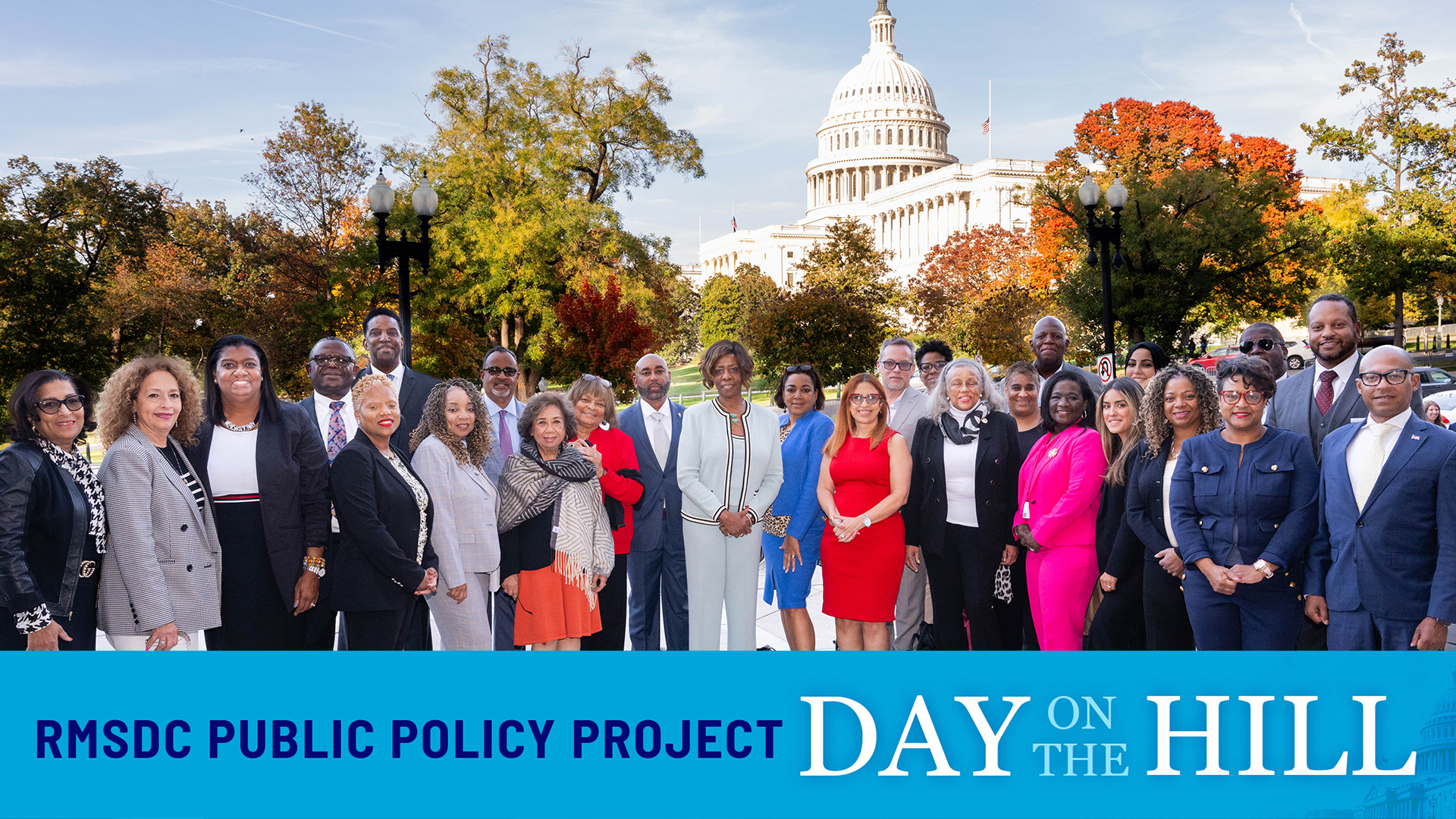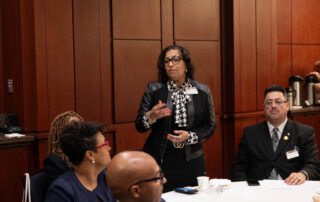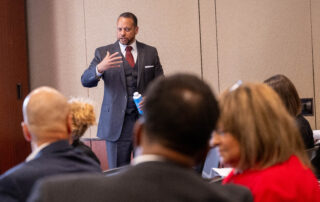ADVOCACY
In the realm of advocacy, the 23 Regional Affiliate Councils of the National Minority Supplier Development Council (NMSDC) play a pivotal and dynamic role. Spread across the nation, these regional affiliates are uniquely positioned to champion causes that profoundly impact diversity, equity, and inclusion policies and programs. With a nuanced understanding of the local business landscape, each affiliate tailors its approach to address its region’s unique challenges and opportunities.
The Situation
Following the Supreme Court decision on affirmative action in higher education in June 2023, a series of attacks on minority business programs at the local, state, and federal levels have unfolded. These developments laid the foundation for our comprehensive advocacy strategy and campaign, focused on educating and engaging our congressional members.
The Strategy
From June to October, the Regional Affiliate Presidents embarked on a series of highly productive meetings with members of Congress. These meetings occurred within various Congressional districts and during the impactful “Day on the Hill” event on October 23rd in Washington, D.C. The primary objective of these sessions was to educate elected officials on policies that actively support minority-owned businesses.
These meetings encompassed detailed discussions regarding the local economic impact of minority-owned firms and strategies to enhance their growth, competitiveness, and sustainability. Each interaction provided an opportunity for the Regional Affiliates to effectively educate congressional representatives on the pressing issues confronting Minority Business Enterprises (MBEs). Specifically, the meetings and outreach efforts were centered on addressing the ongoing legal and political challenges both corporate and government entities face. These challenges pose a significant threat to the very existence of supplier diversity programs.
Throughout the August Recess (August 1 – September 11), Council Presidents and MBEs tirelessly met with Members of Congress, Senators, and their staff in nearly 16 District Offices. Beyond these in-person meetings, Regional Presidents and MBEIC Chairs maintained regular contact with congressional offices through phone calls and emails, collectively reaching out hundreds of times during this period.
The pinnacle of this 5-month advocacy campaign was the “Day on the Hill” event on October 26th in Washington D.C. During this event, Council Presidents, corporate representatives, and MBEIC Chairs convened with over 50 key lawmakers. They shared invaluable insights and experiences from the minority business community. Still, more importantly, they educated Members and their staff about the crucial and unique role that Congress plays in acknowledging past and existing discrimination. This recognition forms the basis for continuing programs aimed at rectifying disparities resulting from such discrimination.
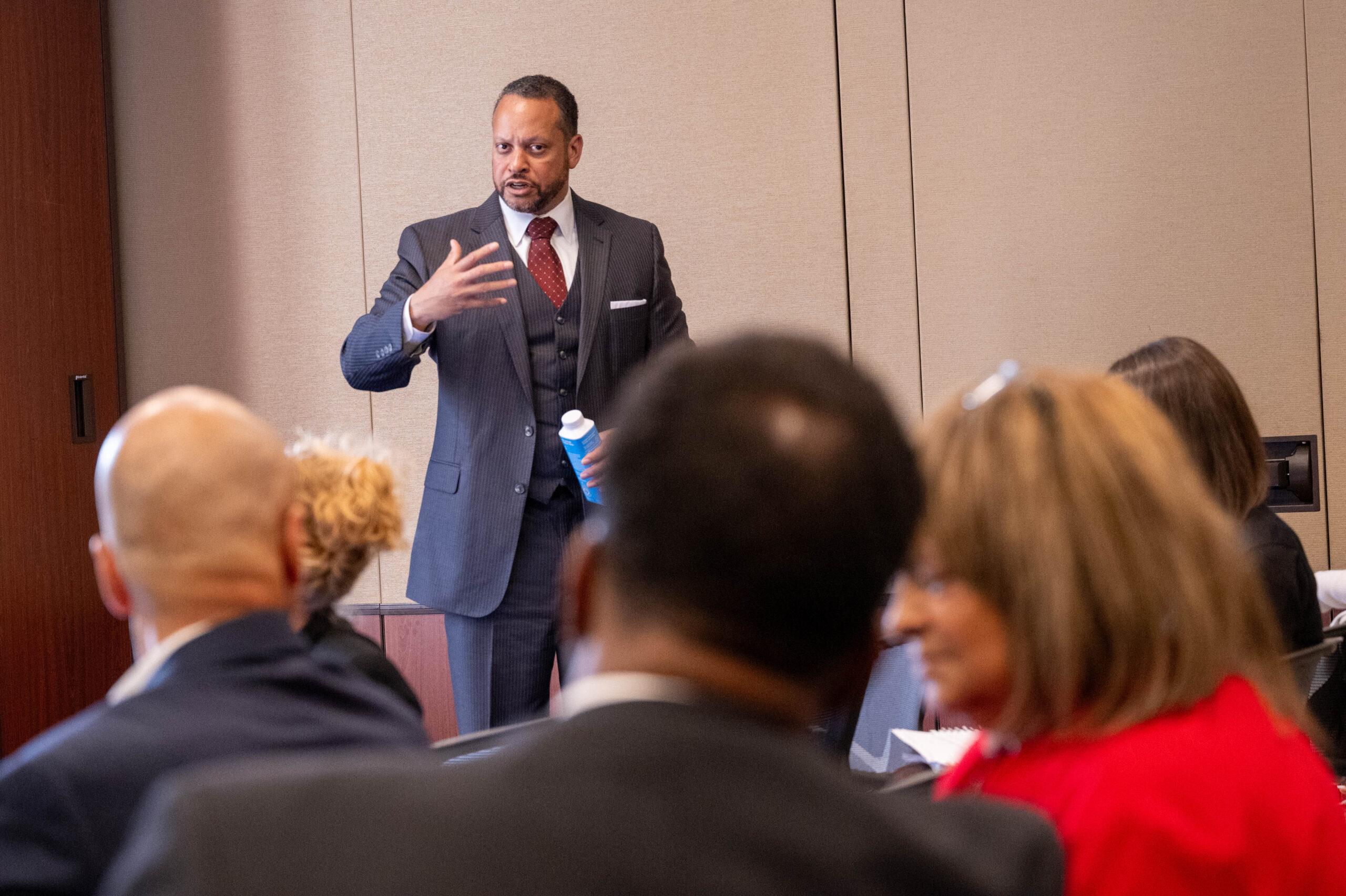
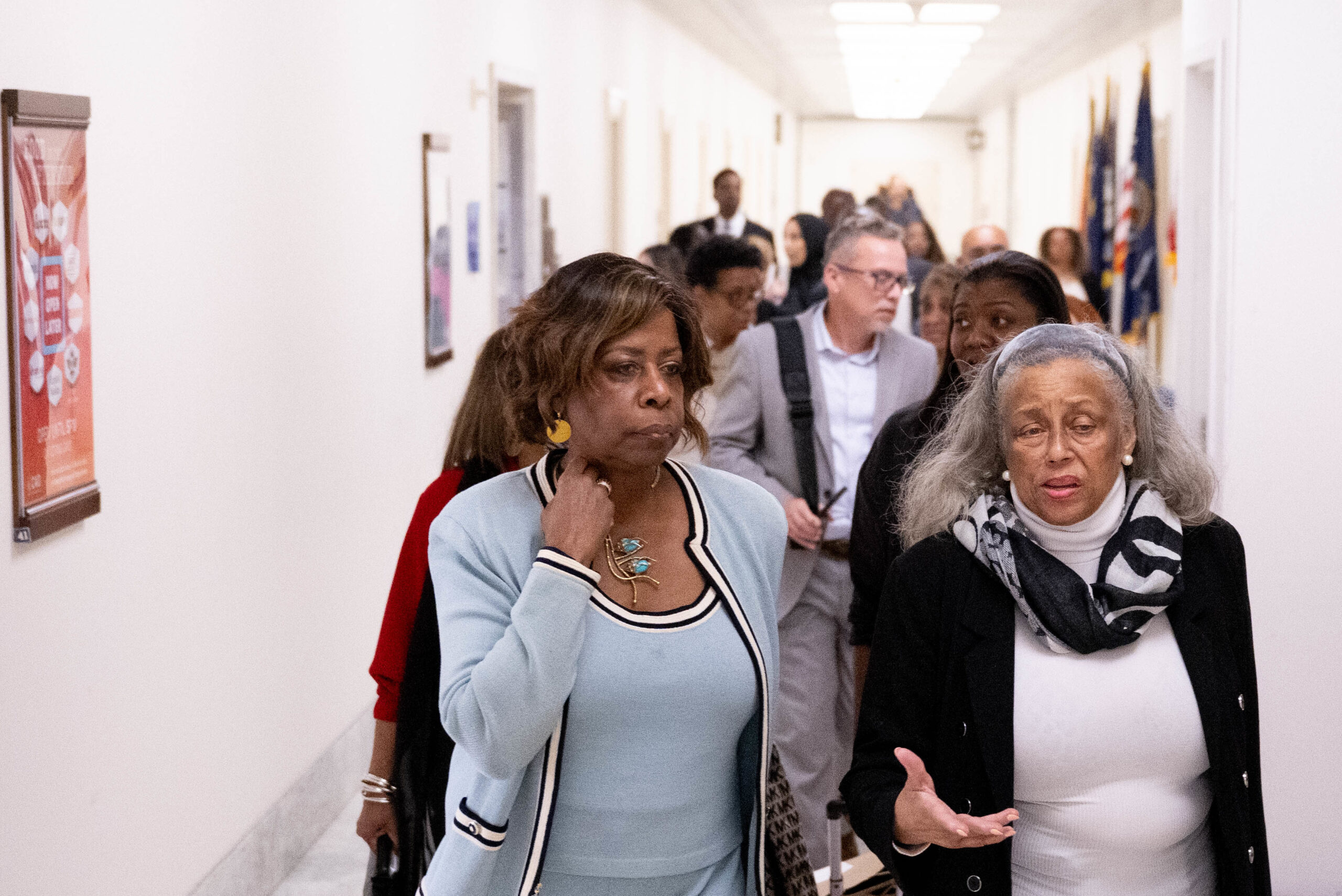
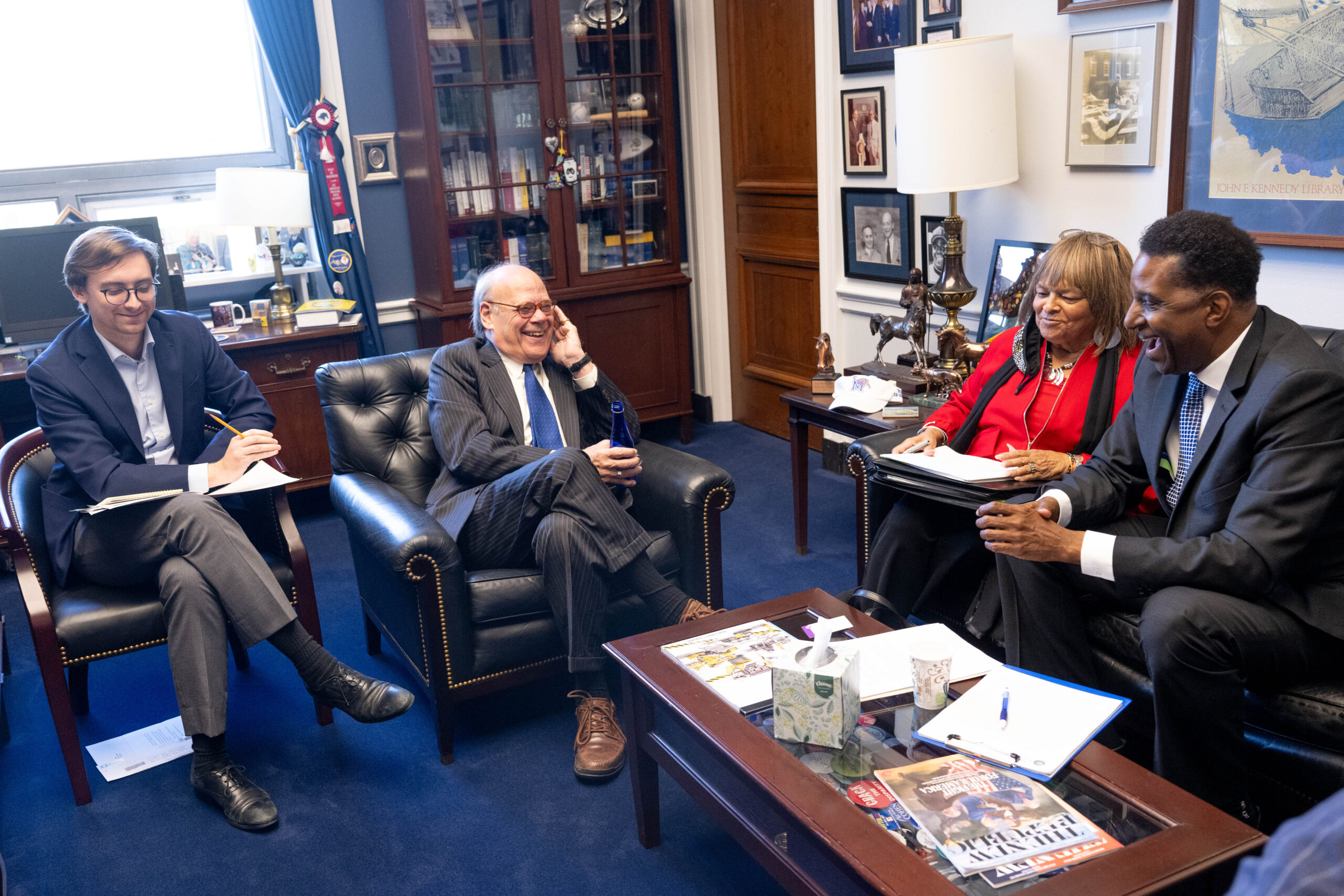
During this experience, CRMSDC president Sharon R. Pinder, MBE Input Committee Chair Sonya Hopson, MBE Legislative Chair Harris Floyd, and member Dokmai Walker met with members and staff of Senator Chris Van Hollen, Senator Ben Cardin, Representatives Kweisi Mfume, Gerry Connolly, Don Beyer, Glen Ivy, Eleanor Holmes Norton.
In addition to the impactful in-person meetings with Members of Congress, the morning session of the event featured presentations from notable figures, including Mayor Steven K. Benjamin, Senior Advisor to the President, and White House Director of Public Engagement, and Deidra Henry-Spires, Senior Advisor to the SBA Administrator.
The afternoon session included presentations from Rep. Glenn Ivey (House Judiciary, Homeland Security, Ethics Committees); Dr. Winslow Sargeant (Former Chief Advocacy Officer, SBA); Sarah von der Lippe (Minority Business Enterprise Legal Defense and Education Fund – MBELDEF); Cate Benetti and Ryan Lambert (House Small Business Committee); and DeMarcus Walker and Shivani Pampati (Senate Committee on Small Business and Entrepreneurship).
The situation demands our continued time and attention. The current attack on affirmative action is a growing battle, and its potential effects on businesses could be profound. Our commitment to advocacy remains unwavering as we navigate these challenges and work toward a more inclusive future.
